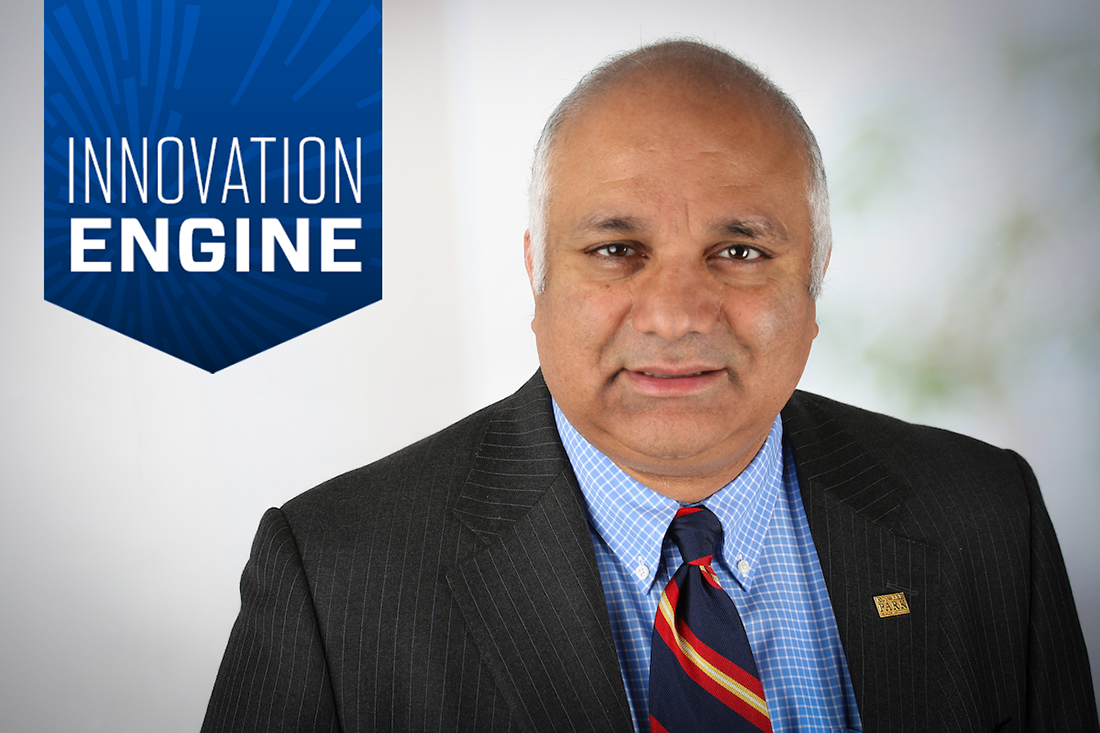What is a cystectomy?
A cystectomy is an operation that removes your entire bladder, and ideally, all of the cancer along with it. As part of this, your surgeon must also perform urinary diversion surgery to create an alternate way for your body to store and release urine. Cystectomy is major and complex surgery that permanently changes your body, including how you will urinate and your sexual abilities.
What is a radical cystectomy?
A radical cystectomy removes the bladder plus other nearby organs — lymph nodes, the urethra, and some of the reproductive organs, such as the prostate in men and the uterus, ovaries, fallopian tubes and part of the vagina in women. Bladder cancer often spreads to these nearby organs but remains too small to see. Removing these organs helps prevent your cancer from returning.
What is urinary diversion surgery?
Because you no longer have a bladder, your surgeon creates an alternate place for your body to store urine, a procedure called a urinary diversion. Replacing your bladder may be accomplished by one of two main approaches:
- Outside your body. Your surgeon creates a hole in your abdomen (called a stoma) for your urine to come through. The urine collects in a bag outside your body that’s worn close to your belly. You empty the urostomy bag regularly
- Inside your body. Your surgeon creates a replacement bladder (called a neobladder) from a portion of your small intestine called the ileum. Your urine collects in this neobladder, which may be connected to your urethra or another opening leading to the outside of your body, called an ileal conduit. In both of these, you will need to use a catheter to reach the neobladder and empty it of urine.
Make an appointmentWhat happens after a cystectomy?
Why Roswell Park?
Our bladder cancer team developed and pioneered the robot-assisted technique for W-shaped neobladder, a urinary diversion procedure that allows patients to live a near-normal life after radical cystectomy.
Roswell Park provides counseling services for all our patients as well as a support group specifically for patients with bladder cancer and a group for patients who have an ostomy.

